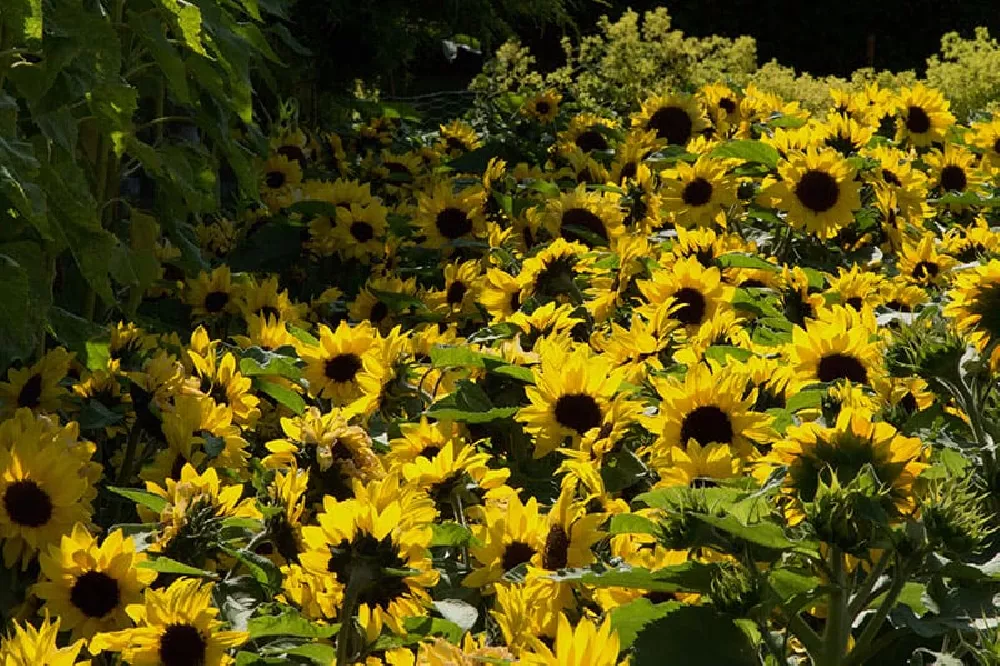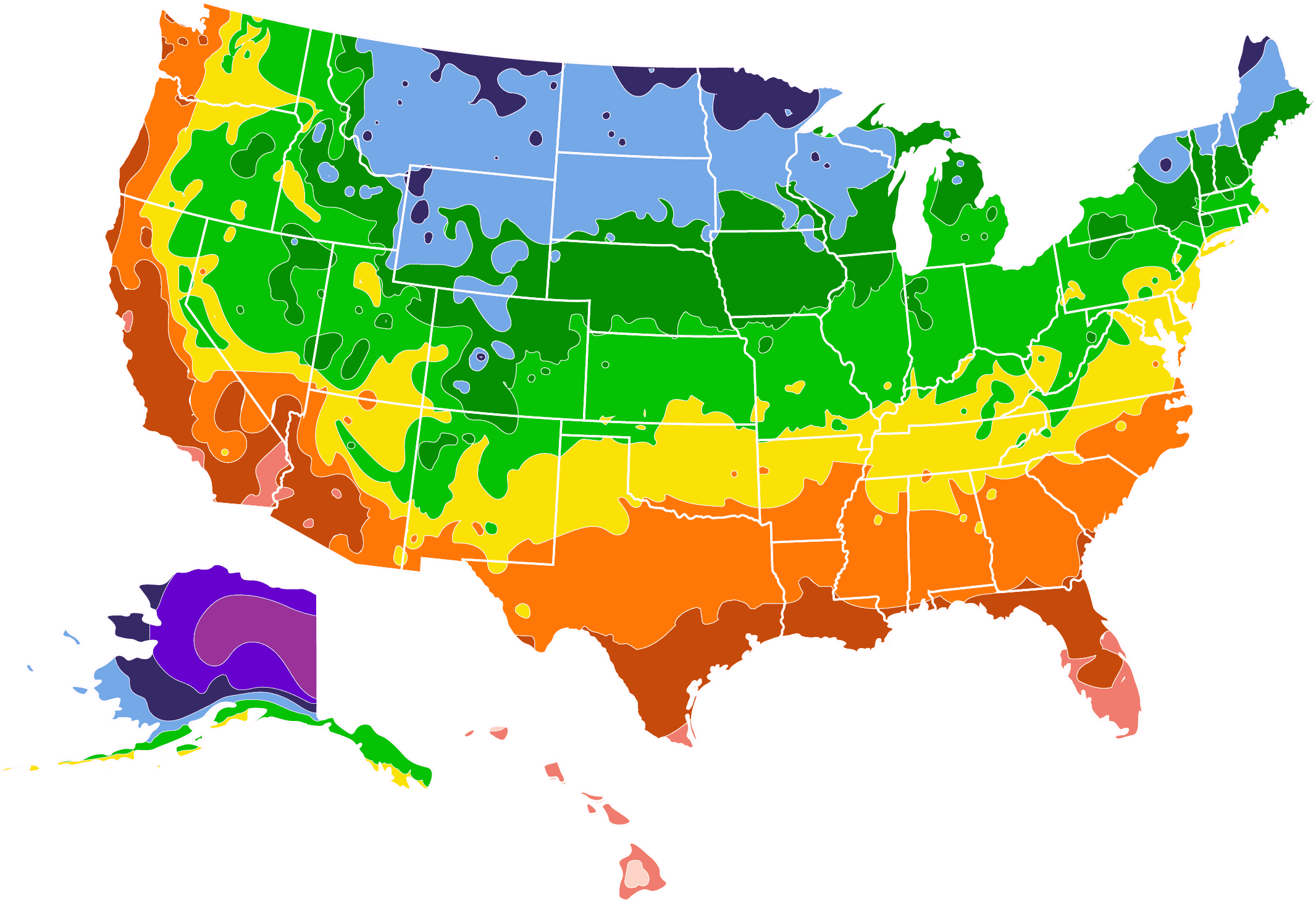- Home >
- Ornamental Plants >
- Sunflowers
Sunflowers for Sale - Buying & Growing Guide
GrowJoy - 2.5-Inch Pot - Big Smile Sunflower Plant
GrowJoy - 2.5-Inch Pot - Premier Orange Sunflower Plant
GrowJoy - 2.5-Inch Pot - ProCut® Bicolor Sunflower Plant (Pollen-Free)
Enter your zip code to find nearby stores that may carry this plant.
Few plants are as smile-inducing as sunflowers, with their cheerful yellow faces reaching for the sun. They also make excellent cut flowers, adding a punch of color to bouquets and floral arrangements. Shop our sunflowers to find one that makes you happy.
How to Plant Sunflowers
If properly sited, sunflowers are easy to grow. As you might guess from their name, they love nothing more than a sunny spot in your garden that gets at least six hours of sun a day with the exception of woodland sunflowers. Because they have long tap roots, they like a loose, well-drained soil that has a pH of roughly 6.0-7.5.
Remember that some varieties of sunflower can grow up to 12 feet, so if you’re planting a tall variety, be sure you’re not near overhead gutters or low power lines. Taller varieties can benefit from being planted out of the wind, which can topple them over. Planting along a fenceline is ideal.
How to Grow Sunflowers
- When. Plant sunflower seedlings or seeds after the danger of frost has passed in spring. Ground temperature should be at least 60 degrees.
- Where. Plant them in a spot where their mature size won’t block any of your other plantings, in soil that has been amended with well-rotted manure or compost.
- How. Unpot your seedling and tease out any encircling roots. Dig a hole that is as deep as the root ball and twice as wide. Place your seedling in the hole, and fill in around it with loose soil that has been enriched with compost. Tamp down soil and water thoroughly. Mulch with an organic substance such as bark chips.
How to Care for Sunflowers
- Watering and nutrients. Water daily the first week or so after planting. Then scale back to one thorough watering a week. The plant will do best with at least an inch of water a week. Fertilize with a slow-release, all-purpose fertilizer throughout the summer, as per the package directions.
- Pruning. Remove dead leaves whenever you see them. Trimming out secondary branches may give you a bigger primary flower. Deadhead spent flowers, unless you want to leave the seeds for the birds or gather them yourself.
- Pollination. Sunflowers utilize both cross-pollination by insects as well as self-pollination, which can also require the help of bees to move the pollen around within the same flower. They also practice homogamy, which means that the stigma of the flower can curl around and fertilize the flower itself.
- Harvesting. If you wish to harvest sunflower seeds, let the flower die and turn brown. Cut off the remaining head and rub your hand over the seeds to loosen them. Spread the seeds out on a tray and let them dry overnight.















